.jpg)
Traveling through Dubai International Airport involves specific customs regulations that travelers must understand to avoid complications. As a major international hub, Dubai has strict rules regarding the declaration of cash and valuables.
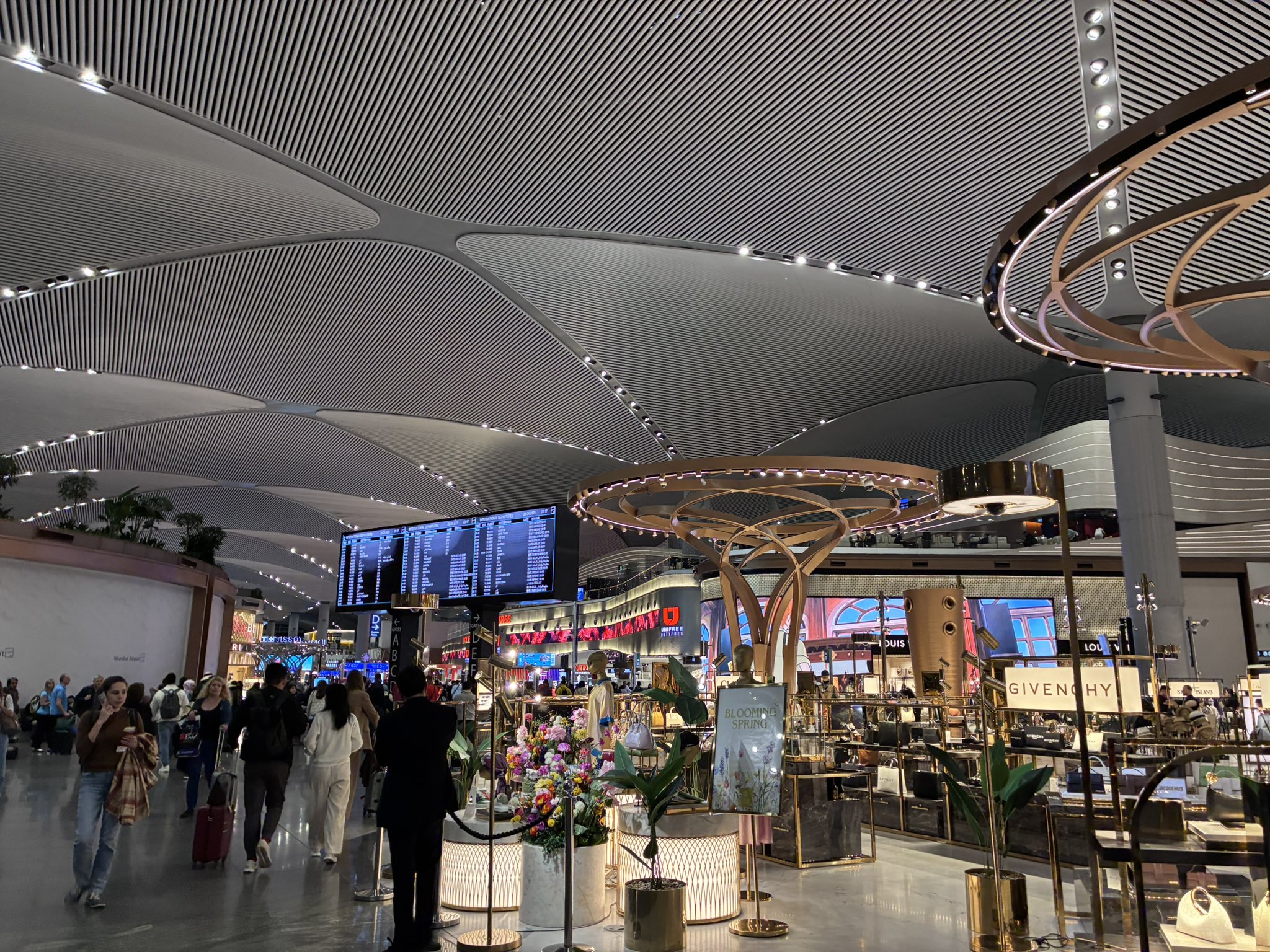
This guide outlines the requirements for declaring amounts exceeding Dh60,000, details on duty-free allowances, and exemptions from customs duties. Familiarizing yourself with these regulations can help ensure a smooth journey through the airport.
Cash, Valuables, and Financial Instruments
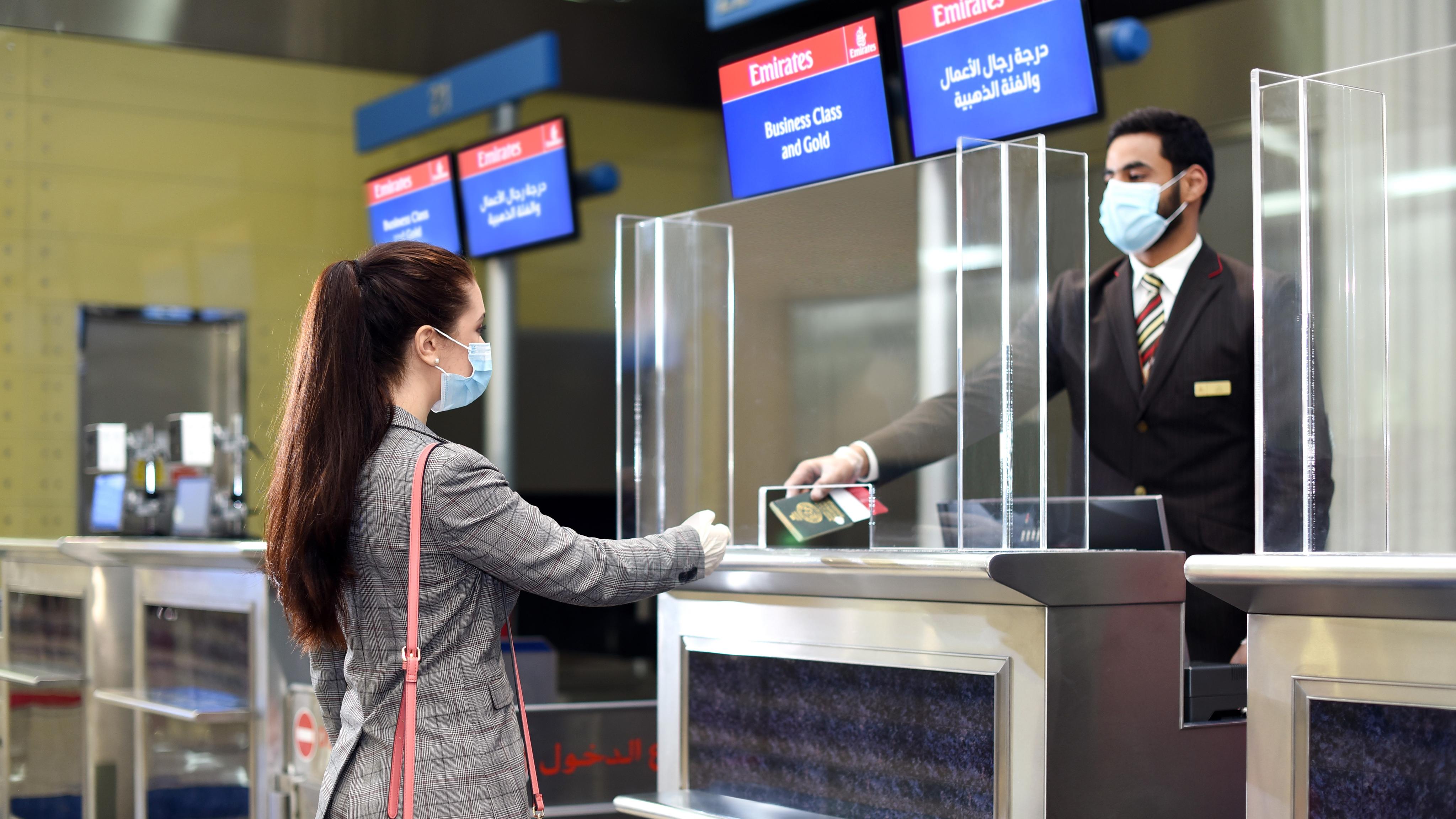
- Travelers entering or leaving the UAE with more than AED 60,000 (or its equivalent in other currencies, including financial instruments, precious metals, or stones) must declare these to the Federal Authority for Identity, Citizenship, Customs & Ports Security (ICP).
-
Declarations can be made through official channels, such as the ICP website, the Afseh app, or the iDeclare mobile app, which streamlines the process for travelers.
-
For passengers under 18, any cash or valuables are counted towards the accompanying adult’s limit.
Duty-Free Allowances and Exempted Items

Travelers are permitted to bring in certain items without paying customs duties, provided these are for personal use and not in commercial quantities:
| Item Category | Allowance Limit | Notes |
|---|---|---|
| Gifts | Up to AED 3,000 in value | Must be personal, not for resale or commercial use |
| Tobacco Products | 400 cigarettes, 50 cigars, or 500g tobacco | Exceeding limits is dutiable; not allowed for those under 18 |
| Alcoholic Beverages | Up to 4 litres or 2 cartons of beer (24 cans each, 355ml/can) | Not allowed for those under 18; excess will be confiscated |
| Electronic Smoking Devices | For personal use only | Includes e-cigarettes, e-hookahs; subject to inspector’s discretion |
| Personal Belongings | Clothes, toiletries, jewellery, cameras, electronics, etc. | Must be in reasonable quantities for personal use |
| Commercial Samples | Up to AED 5,000 in value | Applies to samples imported into GCC countries |
Conditions for Duty Exemption
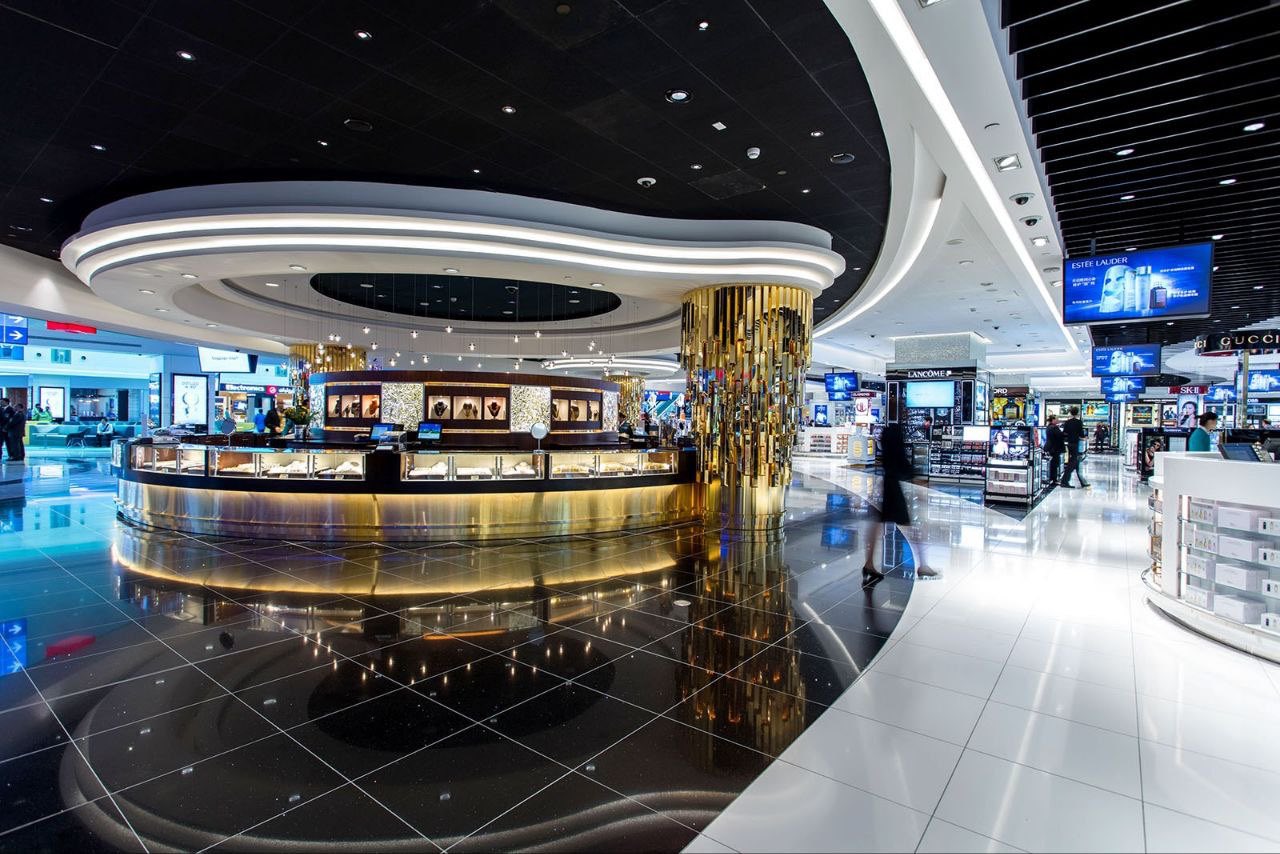
- Baggage and gifts must be for personal use and not for commercial purposes.
-
The passenger should not be a frequent traveler carrying the same items regularly, nor a crew member or airport staff.
-
Passengers under 18 years cannot bring in tobacco or alcohol duty-free.
Customs Duty Rates
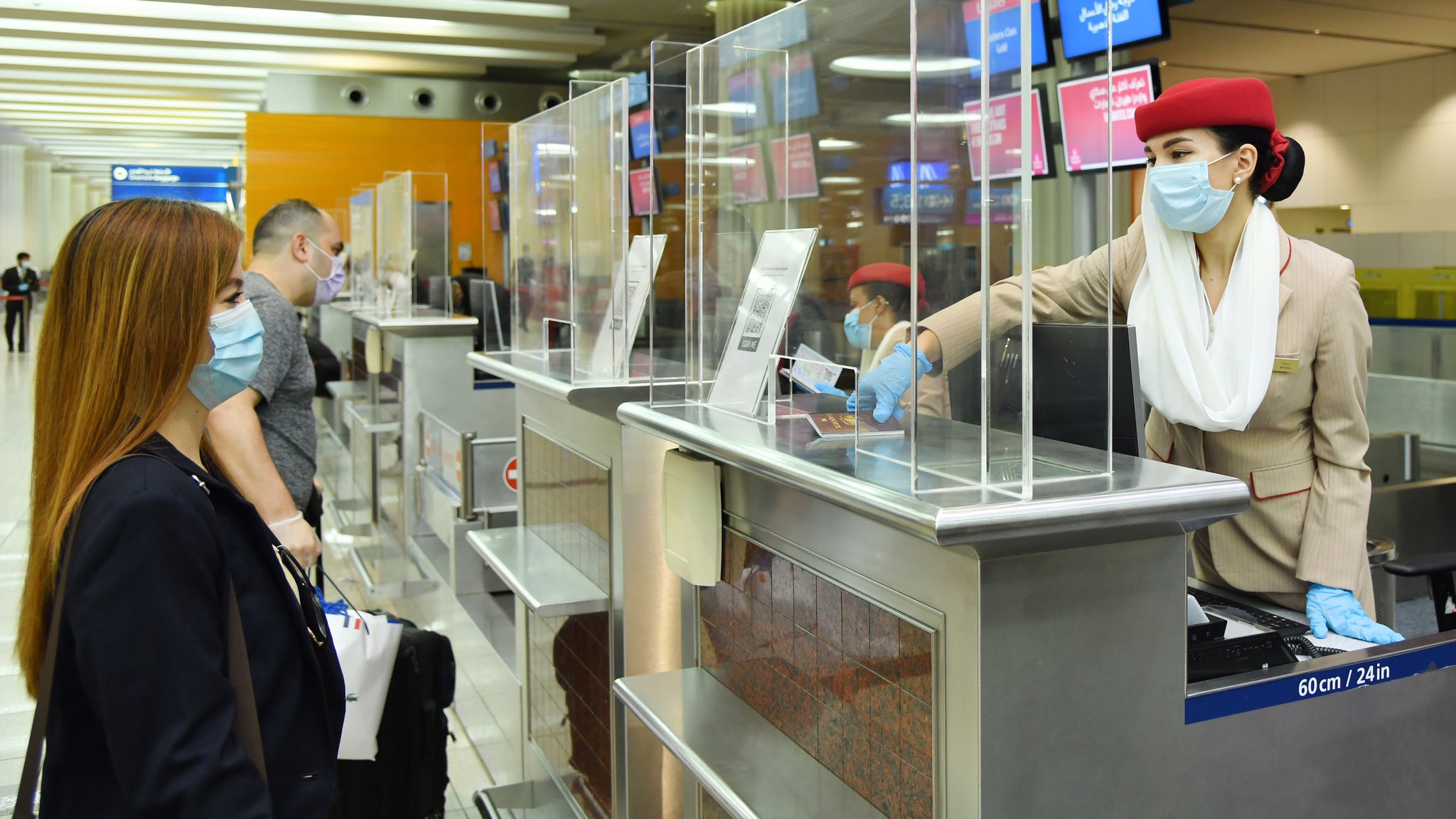
- Standard customs duty: 5% of the value of goods plus Cost, Freight, and Insurance (CFI).
-
Alcohol: 50% duty.
-
Cigarettes: 100% duty.
-
VAT may also apply to excess or commercial quantities.
Restricted and Banned Items
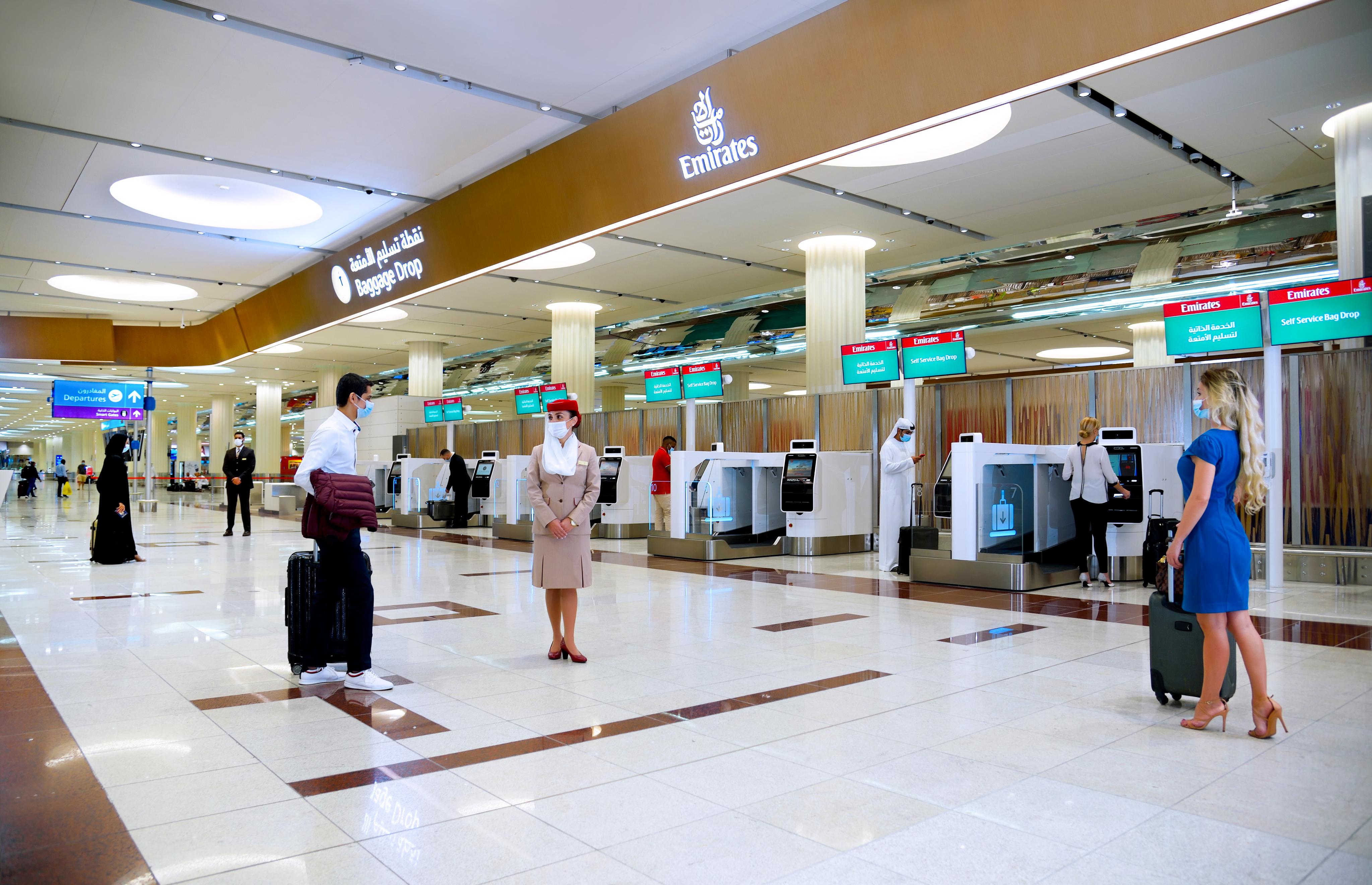
Dubai has strict rules regarding what can and cannot be brought into the country. Some items require special permits, while others are strictly prohibited.
Restricted Items (Require Permits or Approvals)
| Item Type | Controlling Authority |
|---|---|
| Live animals, plants, fertilizers, pesticides | Ministry of Climate Change and Environment |
| Weapons, ammunition, explosives, fireworks | Ministry of Defence, Ministry of Interior |
| Medicines, drugs, medical equipment | Ministry of Health and Prevention |
| Media publications and products | Ministry of Culture and Youth |
| Nuclear energy products | Federal Authority for Nuclear Regulation |
| Transmission/wireless devices | Telecommunications and Digital Government Regulatory Authority |
| Alcoholic drinks | Ministry of Interior/Dubai Police |
| Cosmetics, e-cigarettes, personal care items | Ministry of Industry and Advanced Technology |
| New vehicle tyres | Relevant authorities |
Banned Items
-
Narcotics, controlled drugs, and certain medicines without proper documentation
-
Explosives, fireworks, and ammunition
-
Personal motorised vehicles such as hoverboards and Segways
-
Drones (without permit)
-
Counterfeit money and goods
-
Gambling tools and equipment
-
Food prepared or cooked at home
-
Items offensive to Islamic beliefs, such as certain publications or artworks
-
Crude ivory, rhinoceros horns, and nuclear/radioactive materials
Hand Luggage Restrictions
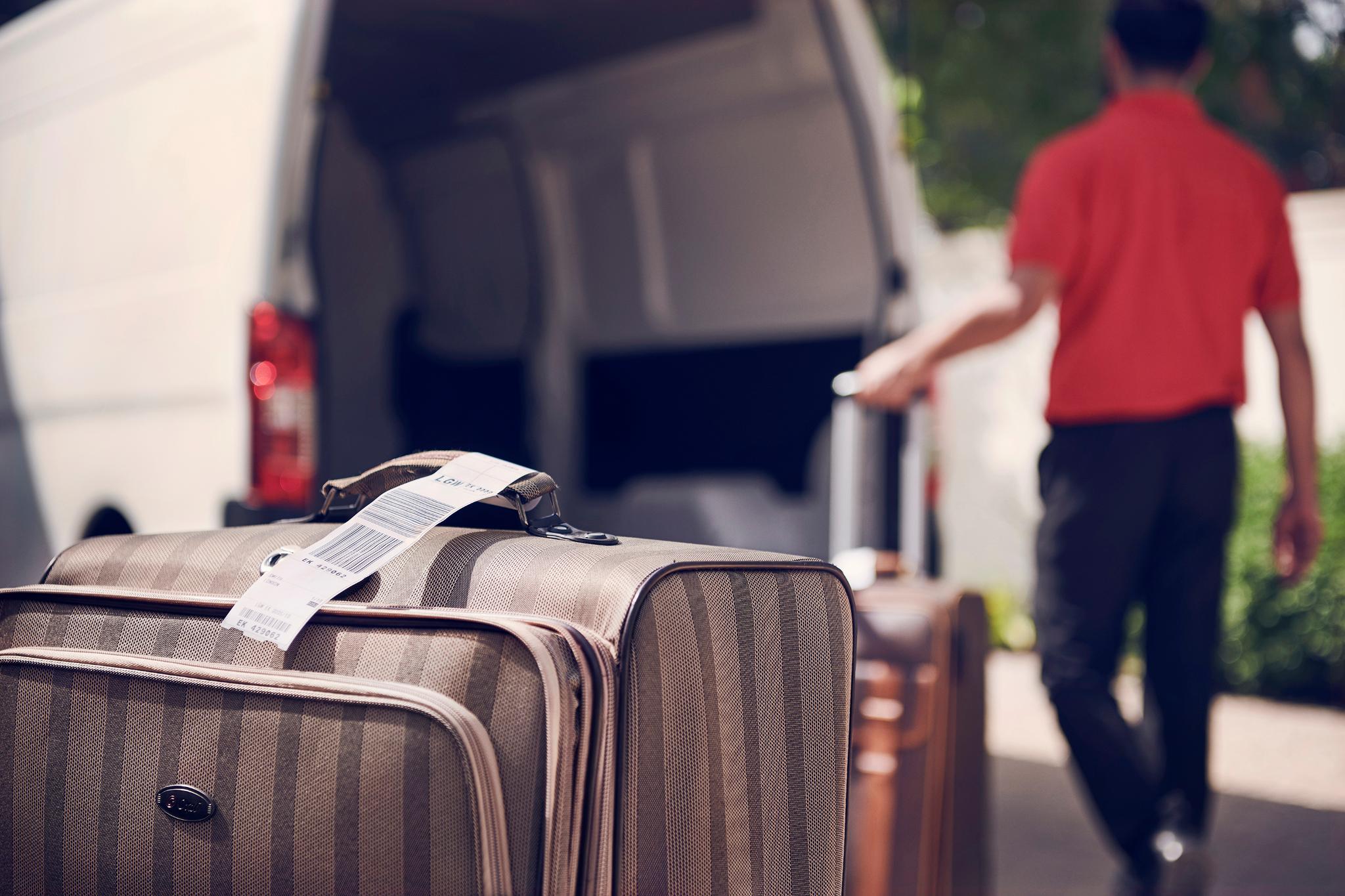
- Sharp objects (knives, scissors over 6cm, tools)
-
Flammable liquids, chemicals, and compressed gas cylinders
-
Lithium batteries and more than one lighter
-
Certain electronics and communication devices (may require permits)
Liquid Restrictions
-
Individual containers must not exceed 100ml each
-
Total volume of all liquids in hand luggage must not exceed 1 litre
-
Exceptions: medication, baby milk, and special dietary requirements
Declaration Procedures and Inspection
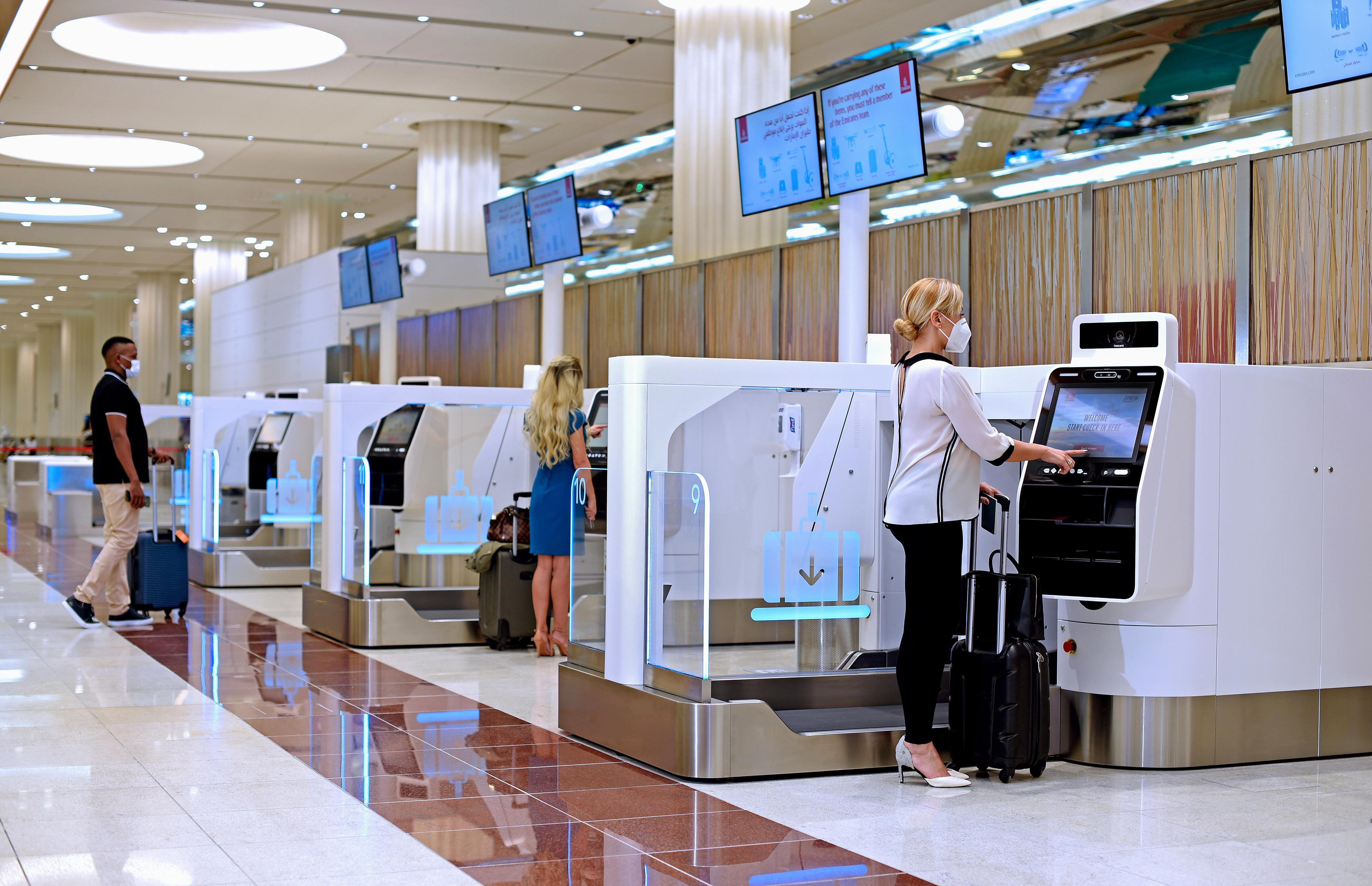
- Declarations can be made verbally, in writing, electronically, or by using the green (nothing to declare) or red (items to declare) customs channels.
-
Customs officers may inspect your baggage, collect duties on excess items, or confiscate prohibited goods.
-
Failure to declare required items can result in delays, fines, or legal action.
Tips for a Smooth Experience
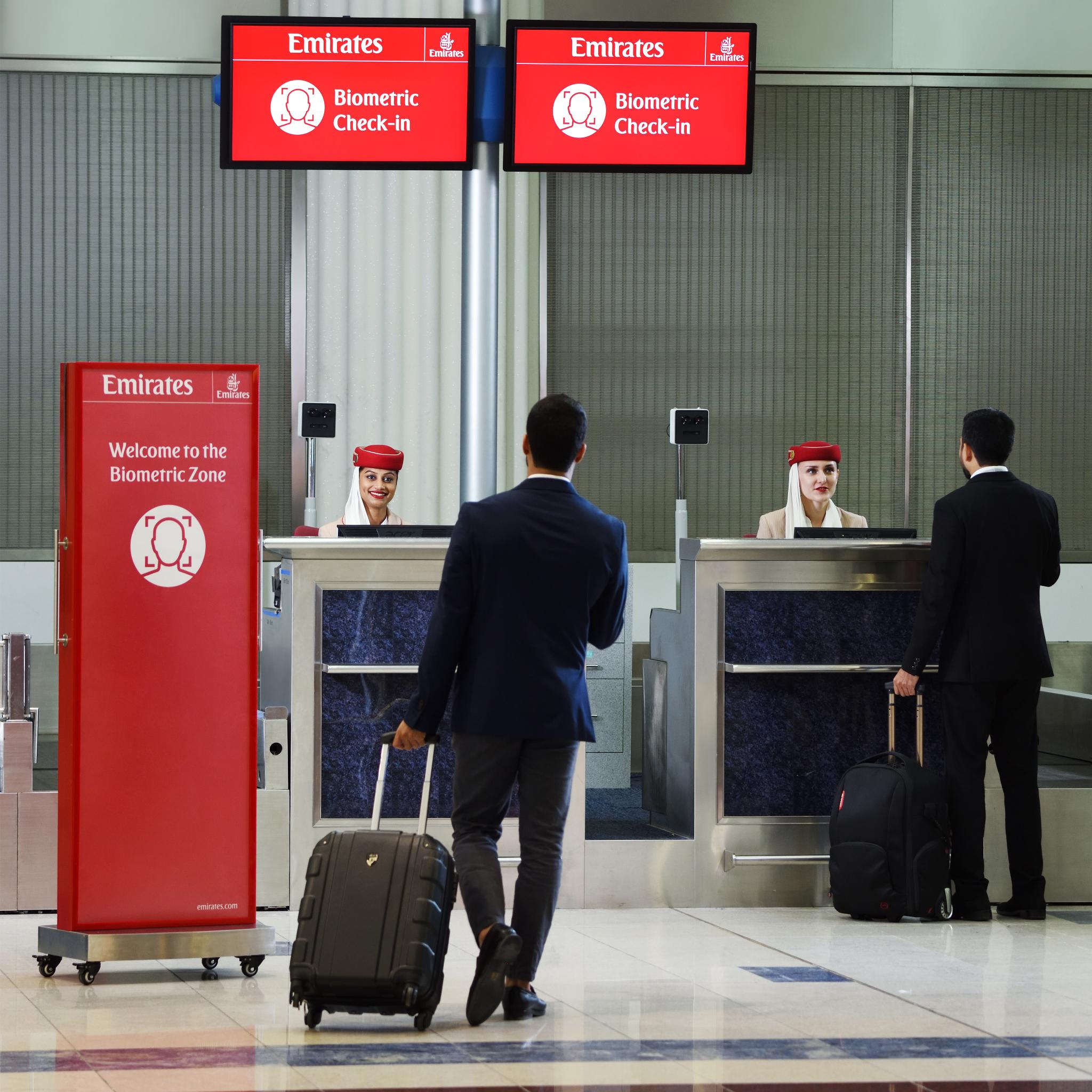
-
Use the iDeclare app or official portals to pre-declare valuables and avoid delays.
-
Check the latest updates on banned and restricted items before travel, as regulations can change.
-
Always keep receipts and documentation for high-value items, medicines, or items requiring permits.
Understanding these customs regulations is essential for a hassle-free experience at Dubai International Airport. By declaring the required amounts and adhering to the duty-free limits, travelers can navigate customs smoothly and enjoy their time in the UAE without unnecessary complications. Whether you’re bringing gifts, tobacco, or cash, being informed will help you avoid potential pitfalls and ensure compliance with local laws.

.jpg)
.jpg)
.jpg)
.jpg)
.jpg)
.jpg)
.jpg)
.jpg)

.jpg)
.jpg)
.jpg)




.jpg)
.jpg)

.jpg)




.jpg)
 (1).jpg)
.jpg)
.jpg)




.jpg)
.png)
.jpg)
.jpg)



.jpg)
.jpg)
.jpg)
.jpg)
.jpg)

.jpg)



.jpg)
.jpg)

